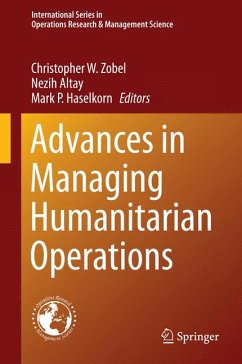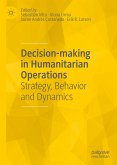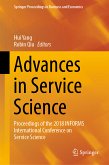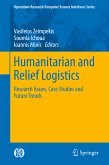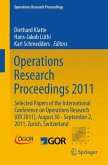The overview section presents chapters on modeling approaches and metrics to evaluate nonprofit operations; chief findings of fieldwork research in disaster response logistics;the use of cash as a form of relief; and measuring markets that supply cash-based humanitarian interventions.
The theory section includes chapters that examine the partner proliferation problem in disaster response networks; a case study of humanitarian logistics that examines how humanitarian culture informs change adoption; and a look at the current state of the art for information visibility in humanitarian operations.
Finally, the application section focuses on blood products, vaccines, and food assistance, with individual chapters on efficient inventorying and distribution of blood products during disasters; a detailed look at modeling in the context of the vaccine supply chain; a framework for achieving equity, effectiveness, and efficiency in food bank operations; and a spatio-temporal vulnerability assessment of the resilience of a population affected by sudden lack of food.
Dieser Download kann aus rechtlichen Gründen nur mit Rechnungsadresse in A, B, BG, CY, CZ, D, DK, EW, E, FIN, F, GR, HR, H, IRL, I, LT, L, LR, M, NL, PL, P, R, S, SLO, SK ausgeliefert werden.

